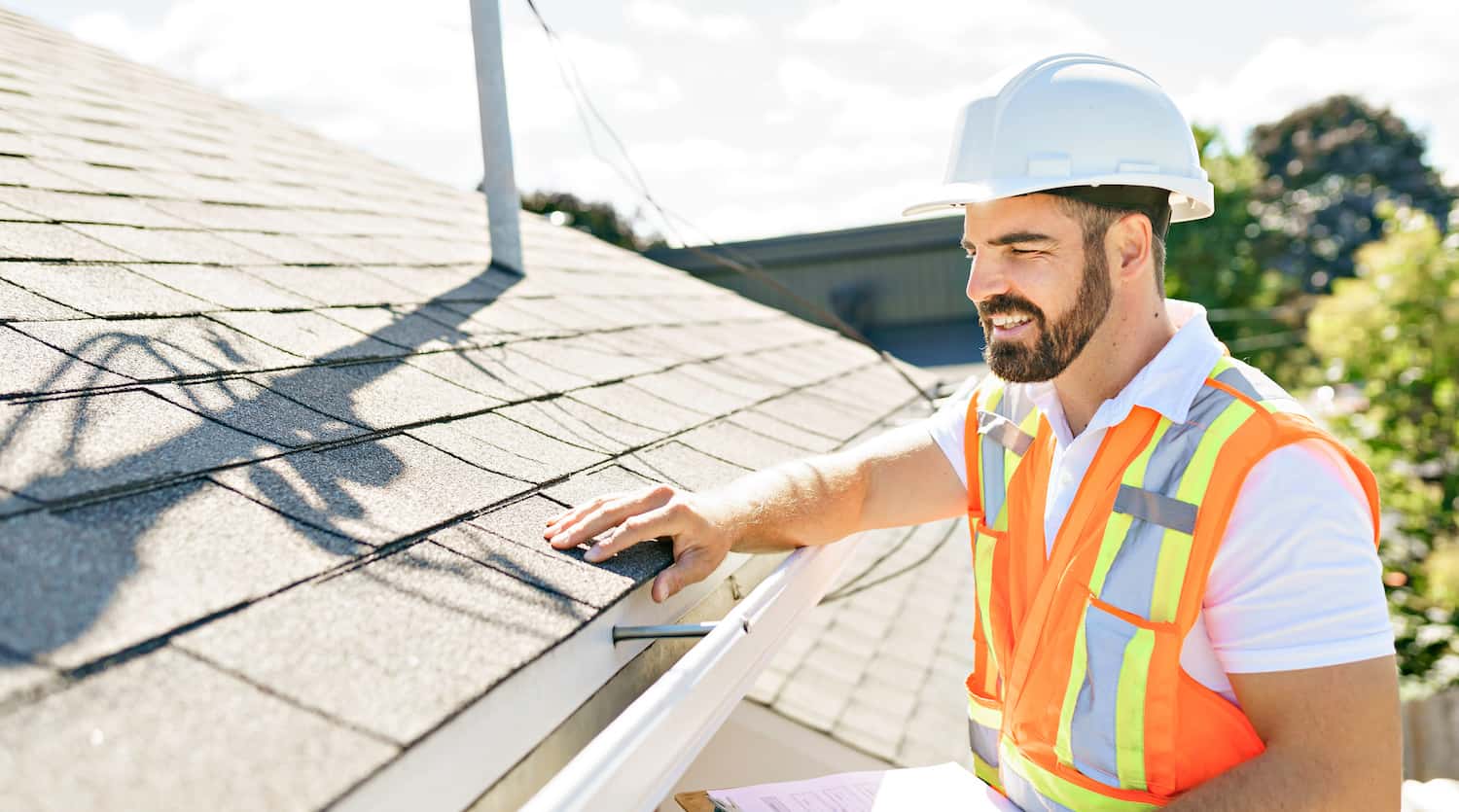

Articles
How Much Is A Roof Inspection
Modified: October 19, 2024
Find articles on how much a roof inspection costs and why it's essential for your home. Gain insights and tips from roofing experts to make informed decisions.
(Many of the links in this article redirect to a specific reviewed product. Your purchase of these products through affiliate links helps to generate commission for Storables.com, at no extra cost. Learn more)
Introduction
A roof is an integral part of any building, serving as the first line of defense against the elements. Over time, however, roofs can deteriorate due to age, weather conditions, or improper maintenance. This is why regular roof inspections are crucial for ensuring the structural integrity and longevity of your roof.
In this article, we will explore what a roof inspection entails, why it is important, when you should consider getting one, and the benefits of regular roof inspections. Whether you own a residential or commercial property, understanding the significance of roof inspections can help you make informed decisions and potentially save you from costly repairs or replacements in the future.
Key Takeaways:
- Regular roof inspections are vital for detecting damage, extending roof lifespan, preserving property value, meeting insurance requirements, preventing water damage, and ensuring peace of mind.
- Scheduling routine roof inspections can save you money, prevent costly repairs, preserve property value, improve energy efficiency, and provide early detection of potential issues.
Read more: How Much Is Roof Repair Cost
What is a Roof Inspection?
A roof inspection is a comprehensive evaluation of a roof’s condition, performed by a qualified professional such as a roofing contractor or inspector. It involves a thorough examination of various components of the roof to identify any issues, damage, or potential problems.
During a roof inspection, the inspector will visually assess the roof’s surface, including the shingles or tiles, flashing, gutters, vents, and other elements. They will inspect for signs of wear and tear, leaks, missing or damaged materials, improper installation, and other issues that could compromise the integrity of the roof.
The inspector may also check the attic or crawl space for signs of water damage, mold, or inadequate ventilation, as these can impact the overall condition of the roof. Additionally, they may use specialized tools such as moisture meters or drones to obtain a more detailed analysis of the roof’s condition.
After completing the inspection, the professional will provide a detailed report outlining their findings, along with any recommendations for repairs or maintenance. This report can be used to assess the current state of the roof, determine if any immediate action is necessary, and plan for future maintenance or replacements.
It is important to note that a roof inspection is different from a roofing estimate. While a roofing estimate typically focuses on providing a cost estimate for repairs or replacements, a roof inspection provides a comprehensive assessment of the roof’s condition, regardless of whether any repairs are needed or not.
By conducting regular roof inspections, you can stay proactive in identifying and addressing any potential issues early on, ultimately extending the lifespan of your roof and protecting your property from further damage.
The Importance of Roof Inspections
Regular roof inspections are of utmost importance for several reasons. Let’s explore why:
1. Identifying Damage: Roof inspections allow you to identify any damage or issues with your roof early on. This can include leaks, missing shingles, damaged flashing, or other potential problems that may not be immediately noticeable. By addressing these issues promptly, you can prevent them from escalating into larger, more costly repairs.
2. Extending Roof Lifespan: Proper maintenance, including regular inspections, can significantly extend the lifespan of your roof. By identifying and addressing minor issues in a timely manner, you can prevent further damage that could lead to premature roof failure. This saves you the expense and hassle of a full roof replacement.
3. Preserving Property Value: A well-maintained roof is vital for preserving the value of your property. If you’re planning to sell your home or commercial building in the future, having a roof in good condition can enhance its curb appeal and increase its market value. Additionally, potential buyers may request a roof inspection as part of their due diligence.
4. Insurance Requirements: Some insurance policies require regular roof inspections to maintain coverage. By keeping up with these inspections, you ensure that you comply with your policy’s terms and conditions, safeguarding your property and investment.
5. Preventing Water Damage: Leaks and water damage can wreak havoc on your property, leading to mold growth, rotting wood, and structural issues. Regular roof inspections help catch potential leaks or areas prone to water intrusion, allowing you to address them before they cause significant damage inside your home or building.
6. Peace of Mind: Knowing that your roof is in good condition can provide peace of mind for homeowners and business owners alike. By maintaining your roof through regular inspections, you can minimize the risk of unexpected roofing emergencies and have confidence that your property is protected.
In summary, roof inspections are vital for detecting damage, extending the lifespan of your roof, preserving property value, meeting insurance requirements, preventing water damage, and ensuring peace of mind. Investing in regular roof inspections is a proactive measure that can save you time, money, and stress in the long run.
When Should You Get a Roof Inspection?
Knowing when to schedule a roof inspection is crucial to maintain the health and integrity of your roof. Here are some scenarios that indicate it’s time to get a roof inspection:
1. After Severe Weather Events: If your area has recently experienced a severe storm, high winds, hail, or heavy snowfall, it’s a good idea to get a roof inspection. These weather events can cause damage to your roof, such as missing or damaged shingles, displaced flashing, or leaks. An immediate inspection can help identify any issues before they worsen.
2. Regular Maintenance: Routine roof maintenance is essential to prevent potential problems and prolong the lifespan of your roof. It’s recommended to have a professional inspection at least once a year, even if there are no apparent issues. Regular inspections can catch minor issues before they become major headaches.
3. Before Buying or Selling a Property: If you’re in the process of buying or selling a property, it’s wise to have a roof inspection. For buyers, it provides peace of mind, knowing the roof is in good condition. For sellers, it allows you to address any necessary repairs beforehand and potentially increase the value of your property.
4. Older Roofs: As roofs age, they become more susceptible to wear and tear. If your roof is over 20 years old, it’s advisable to have it inspected regularly, as signs of deterioration may start to appear. Early detection of issues can help prolong the lifespan of an older roof.
5. Signs of Damage: If you notice any signs of damage, such as water stains, sagging areas, missing shingles, or visible cracks, it’s vital to have a roof inspection promptly. These signs can indicate underlying problems that need immediate attention to prevent further damage.
6. Prior to Roof Repairs or Replacements: If you’re planning to undertake any major roof repairs or replacements, it’s necessary to have an inspection first. This allows you to accurately assess the condition of your roof, determine the scope of work required, and obtain accurate estimates from roofing contractors.
Remember, prevention is key when it comes to roof maintenance. By scheduling routine roof inspections and addressing any issues promptly, you can save yourself from costly repairs and ensure that your roof remains in optimal condition for years to come.
The Process of a Roof Inspection
The process of a roof inspection involves several steps to thoroughly evaluate the condition and integrity of your roof. Here’s an overview of what you can expect during a typical roof inspection:
1. Visual Assessment: The inspector will start by visually examining the exterior of the roof. They will look for any visible damage or signs of wear and tear, including missing or damaged shingles, cracked tiles, rusted flashing, or deteriorated sealant. They will also check the condition of the gutters, downspouts, and chimney for any issues.
2. Interior Inspection: Next, the inspector may conduct an interior inspection, typically in the attic or crawl space. They will look for signs of water damage, leaks, mold growth, or inadequate insulation and ventilation. These issues can affect the overall condition of the roof and may require attention.
3. Moisture Detection: In some cases, the inspector may utilize moisture detection tools such as a moisture meter to identify hidden leaks or areas of excess moisture. This allows them to detect potential water damage that may not be visible to the naked eye.
4. Flashing and Sealant Check: The inspector will closely examine the flashing around chimneys, vents, skylights, and other roof penetrations. They will check for proper installation, intact sealant, and any signs of damage or deterioration. Faulty flashing can result in water infiltration and damage to the underlying structure.
5. Roof Structure Evaluation: The inspector will assess the overall structure of the roof, including the rafters, trusses, and support beams. They will look for signs of sagging, cracks, or other structural issues that could compromise the stability and safety of the roof.
6. Documentation and Reporting: Throughout the inspection, the inspector will document their findings, taking notes, measurements, and photographs as necessary. This information will be compiled into a detailed report that highlights any issues discovered during the inspection, along with recommendations for repairs or maintenance.
7. Recommendations and Consultation: Once the inspection is complete, the inspector will discuss their findings with you and provide recommendations based on the condition of your roof. They will answer any questions you may have and guide you on the necessary steps to address any identified issues.
It is important to hire a qualified and experienced professional to perform the roof inspection. Their expertise and attention to detail will ensure that all aspects of your roof are thoroughly assessed, giving you a comprehensive understanding of its condition and any necessary repairs or maintenance. By following through with the recommendations from the inspection, you can protect the longevity and performance of your roof.
Read more: How To Install A Dryer Vent Through The Roof
How long does a Roof Inspection Take?
The duration of a roof inspection can vary depending on several factors, including the size of the roof, the complexity of the roof’s design, accessibility, and the extent of any potential issues. However, on average, a roof inspection typically takes between 1 to 3 hours to complete.
During this time, a professional inspector will conduct a thorough examination of various components of your roof, both on the exterior and potentially inside the property. They will carefully inspect the shingles or tiles, flashing, gutters, vents, chimney, and other elements to identify any signs of damage, wear and tear, or potential problems.
The inspector may need to climb onto the roof or use ladders and other equipment to access different areas safely. They will inspect the condition of the roofing materials, check for loose or missing shingles, examine the flashing around roof penetrations, and assess the overall integrity of the roof structure.
In some cases, the inspector may also need to access the attic or crawl space to check for signs of water damage, leaks, or inadequate insulation. This step is crucial in assessing the overall condition of the roof and identifying any underlying issues that may not be apparent from the exterior.
It’s important to note that the inspection time may be longer if there are multiple issues or if the roof has complex features such as skylights, solar panels, or unique architectural designs. Additionally, adverse weather conditions or challenging access may also impact the duration of the inspection.
After the inspection is complete, the inspector will compile their findings and provide a detailed report outlining the condition of your roof, any identified issues, and recommendations for repairs or maintenance. This report will serve as a valuable resource for understanding the current health of your roof and planning for any necessary actions.
To ensure an accurate and comprehensive roof inspection, it is crucial to hire a qualified and experienced professional. Their expertise will help to identify any potential problems and provide you with the necessary information to make informed decisions regarding the maintenance or repair of your roof.
Regular roof inspections can help identify any potential issues early on, saving you money on costly repairs in the long run. It’s recommended to have your roof inspected at least once a year, especially after severe weather.
The Cost of a Roof Inspection
The cost of a roof inspection can vary depending on several factors, including the location, the size and complexity of the roof, and the expertise of the roofing contractor or inspector. On average, homeowners can expect to pay between $150 to $400 for a professional roof inspection.
It’s important to note that the cost of a roof inspection is a worthwhile investment compared to the potential expenses of major roof repairs or premature roof replacements. By detecting and addressing issues early on, a roof inspection can potentially save you significant money and prevent further damage to your property.
It’s advisable to obtain multiple quotes from reputable roofing contractors or inspectors in your area to ensure you are receiving a fair and competitive price. Keep in mind that the lowest price may not always guarantee the best quality of service, so it’s important to consider the reputation, experience, and qualifications of the professionals you are considering.
Additionally, some roofing companies may offer inspection services as part of a maintenance package or as a complimentary service when you hire them for other roofing work. Inquire about these options to see if they are available and if they can provide you with a comprehensive and cost-effective solution for your roof inspection needs.
When comparing prices, also consider the level of detail and thoroughness of the inspection being provided. A comprehensive inspection that includes a detailed written report and recommendations may be worth a slightly higher cost, as it gives you a clearer understanding of the condition of your roof and any necessary repairs or maintenance.
Remember, the cost of a roof inspection is a small price to pay compared to the potential expenses and headaches that can arise from neglecting roof maintenance. A professional inspection can provide you with peace of mind, help you prioritize necessary repairs, and ultimately save you money in the long run by prolonging the lifespan of your roof.
Signs that You Need a Roof Inspection
Regular roof inspections are essential for maintaining the health and integrity of your roof. However, there are specific signs that indicate it’s time to schedule a roof inspection. Here are some common signs that you may need a roof inspection:
- Age of the Roof: If your roof is approaching or has exceeded its expected lifespan, it’s wise to have a roof inspection. Most asphalt shingle roofs have a lifespan of around 20-25 years, while metal, tile, or slate roofs can last longer. An inspection can help determine if your roof is in need of repairs or replacement.
- Visible Damage: If you can see visible damage on your roof, such as missing or cracked shingles, warped or deteriorated flashing, or sagging areas, it is crucial to have a professional inspection. These issues can indicate underlying problems that require immediate attention.
- Water Leaks: If you notice water stains on your ceilings or walls, or if you experience water leakage during rainstorms, it’s a clear sign that your roof has an issue. Water infiltration can lead to structural damage and mold growth, so it’s essential to address these leaks promptly.
- Granule Loss: Check your gutters and downspouts for a buildup of granules from asphalt shingles. Granule loss indicates that the protective layer of your shingles is deteriorating, which could lead to premature aging and potential leaks.
- Increased Energy Bills: If you notice a sudden increase in your energy bills, it could be a sign of poor insulation or ventilation in your roof. A roof inspection can identify any deficiencies that may be causing energy loss, allowing you to address them and improve energy efficiency.
- Recent Weather Events: Severe weather, such as hailstorms, high winds, or heavy snowfall, can cause significant damage to your roof. Even if you don’t notice any visible signs of damage, it’s advisable to have a professional inspection after such events to ensure there are no hidden issues.
- Pest Infestation: Signs of pest infestation, such as rodent droppings or bird nests, can indicate that there are openings in your roof that need to be repaired. A roof inspection can help identify these entry points and prevent further infestation.
Remember, even if you don’t notice any specific signs, it’s still important to have regular roof inspections to catch any potential issues early on. Regular inspections can help detect and address minor problems before they escalate into major and costly repairs. Consult with a qualified roofing professional to determine the best inspection schedule for your specific roof type and location.
Benefits of Regular Roof Inspections
Regular roof inspections offer a range of benefits for homeowners and property owners. Let’s explore some of the key advantages of scheduling routine roof inspections:
- Early Problem Detection: Regular inspections help catch minor roofing issues before they worsen. By identifying and addressing problems early on, you can prevent them from escalating into major and costly repairs down the line.
- Extended Roof Lifespan: Maintaining a regular inspection schedule can prolong the lifespan of your roof. By promptly addressing any issues and performing necessary maintenance, you can ensure that your roof performs optimally and lasts for its intended lifespan.
- Prevention of Costly Repairs: Regular inspections can save you money in the long run by preventing major roof repairs. By catching and addressing issues early, you can avoid extensive damage that may require significant financial investment to fix.
- Preservation of Property Value: A well-maintained roof adds value to your property. Regular inspections help keep your roof in optimal condition, enhancing curb appeal and ensuring that your property maintains its value over time.
- Insurance Compliance: Some insurance policies require regular roof inspections as a condition for coverage. By scheduling routine inspections, you can meet these requirements and ensure that your property remains protected.
- Early Detection of Water Leaks: Roof leaks can lead to extensive damage, including mold growth and structural issues. Regular inspections help identify potential sources of water intrusion so that you can address them promptly and prevent further damage.
- Improved Energy Efficiency: A well-insulated and properly ventilated roof contributes to energy efficiency in your home. Regular inspections can identify insulation and ventilation issues, allowing you to make necessary improvements and reduce energy consumption.
- Peace of Mind: Knowing that your roof is in good condition offers peace of mind. Regular inspections provide reassurance that your home or property is protected from potential roofing issues, giving you confidence and reducing stress.
- Compliance with Warranty Requirements: Some roofing warranties require regular inspections to remain valid. By adhering to warranty guidelines, you can ensure that your roof remains under warranty coverage for the specified duration.
- Preparation for Seasonal Changes: Regular inspections allow you to prepare your roof for seasonal changes. By identifying any necessary repairs or maintenance prior to harsh weather conditions, you can safeguard your roof and minimize the risk of damage.
Overall, regular roof inspections are a proactive approach to maintaining the health and integrity of your roof. By investing in prevention and early detection, you can save money, extend the lifespan of your roof, preserve property value, and have peace of mind knowing that your home or property is well-protected. Consult with a professional roofing contractor to establish an appropriate inspection schedule based on your specific roofing materials and location.
Read more: How Much Is A Tile Roof
Frequently Asked Questions about Roof Inspections
Here are some common questions that homeowners and property owners have about roof inspections:
- How often should I get a roof inspection?
It is recommended to have a professional roof inspection at least once a year. However, additional inspections may be necessary after severe weather events or if you notice any signs of damage or leaks. - What is the cost of a roof inspection?
The cost of a roof inspection can vary depending on factors such as the location, size, and complexity of the roof, as well as the expertise of the roofing professional. On average, homeowners can expect to pay between $150 to $400 for a roof inspection. - Can I inspect my own roof?
While you can visually inspect your roof from the ground, it is recommended to have a professional perform a thorough inspection. They have the knowledge, experience, and proper safety equipment to identify potential issues that may not be visible to an untrained eye. - Do I need a roof inspection if my roof is relatively new?
Yes, even new roofs should be inspected regularly. An inspection can help identify any issues with the installation or materials that may still be under warranty. Additionally, routine inspections can prevent potential problems from arising and ensure that your roof remains in optimal condition. - How long does a roof inspection take?
The duration of a roof inspection can vary depending on factors such as the size and complexity of the roof, accessibility, and any potential issues. On average, a roof inspection takes between 1 to 3 hours to complete. - What should I expect from a roof inspection report?
A roof inspection report typically includes detailed information about the condition of your roof, any identified issues, and recommendations for repairs or maintenance. It may also include photographs and measurements to further illustrate the findings. - Can a roof inspection uncover all potential issues?
While a thorough roof inspection can reveal many issues, it is possible that some problems may be hidden or arise after the inspection. However, regular inspections significantly increase the chances of detecting and addressing issues early on before they become major concerns. - How can I find a reputable roofing professional for an inspection?
It is important to research and find a qualified roofing professional for your roof inspection. Look for licensed, insured, and experienced contractors or inspectors. Ask for referrals from friends, family, or neighbors, and read online reviews. Obtain multiple quotes and ensure that the professional has a good reputation and provides comprehensive inspections.
By having your roof inspected regularly and addressing any identified issues promptly, you can ensure the longevity, durability, and performance of your roof. Consult with a trusted roofing professional to schedule an inspection and address any questions or concerns you may have specific to your roofing needs.
Conclusion
A roof inspection is a crucial aspect of maintaining the health and longevity of your roof. By conducting regular inspections, you can identify and address any issues early on, preventing costly repairs and potential damage to your property.
During a roof inspection, a qualified professional will thoroughly evaluate the condition of your roof, both on the exterior and potentially in the interior spaces. They will assess the roofing materials, flashing, gutters, ventilation systems, and overall structural integrity to ensure everything is in optimal condition.
The benefits of regular roof inspections are numerous. They allow for early problem detection, which helps prevent major issues and extends the lifespan of your roof. Regular inspections also help you comply with insurance requirements, preserve property value, and ensure proper energy efficiency.
It is recommended to schedule a roof inspection at least once a year, as well as after severe weather events or if you notice any signs of damage or leaks. Hiring a qualified roofing professional to conduct the inspection is essential, as they have the expertise and tools to identify potential issues that may not be visible to an untrained eye.
When it comes to the cost of a roof inspection, it is a worthwhile investment compared to the potential expenses of major repairs or premature roof replacements. By catching problems early, you can save money and have peace of mind.
In conclusion, regular roof inspections are an essential part of proper roof maintenance. They help ensure the stability, performance, and longevity of your roof, protecting your property and providing you with peace of mind. By staying proactive and addressing any issues that arise, you can enjoy a durable and reliable roof for years to come.
Frequently Asked Questions about How Much Is A Roof Inspection
Was this page helpful?
At Storables.com, we guarantee accurate and reliable information. Our content, validated by Expert Board Contributors, is crafted following stringent Editorial Policies. We're committed to providing you with well-researched, expert-backed insights for all your informational needs.
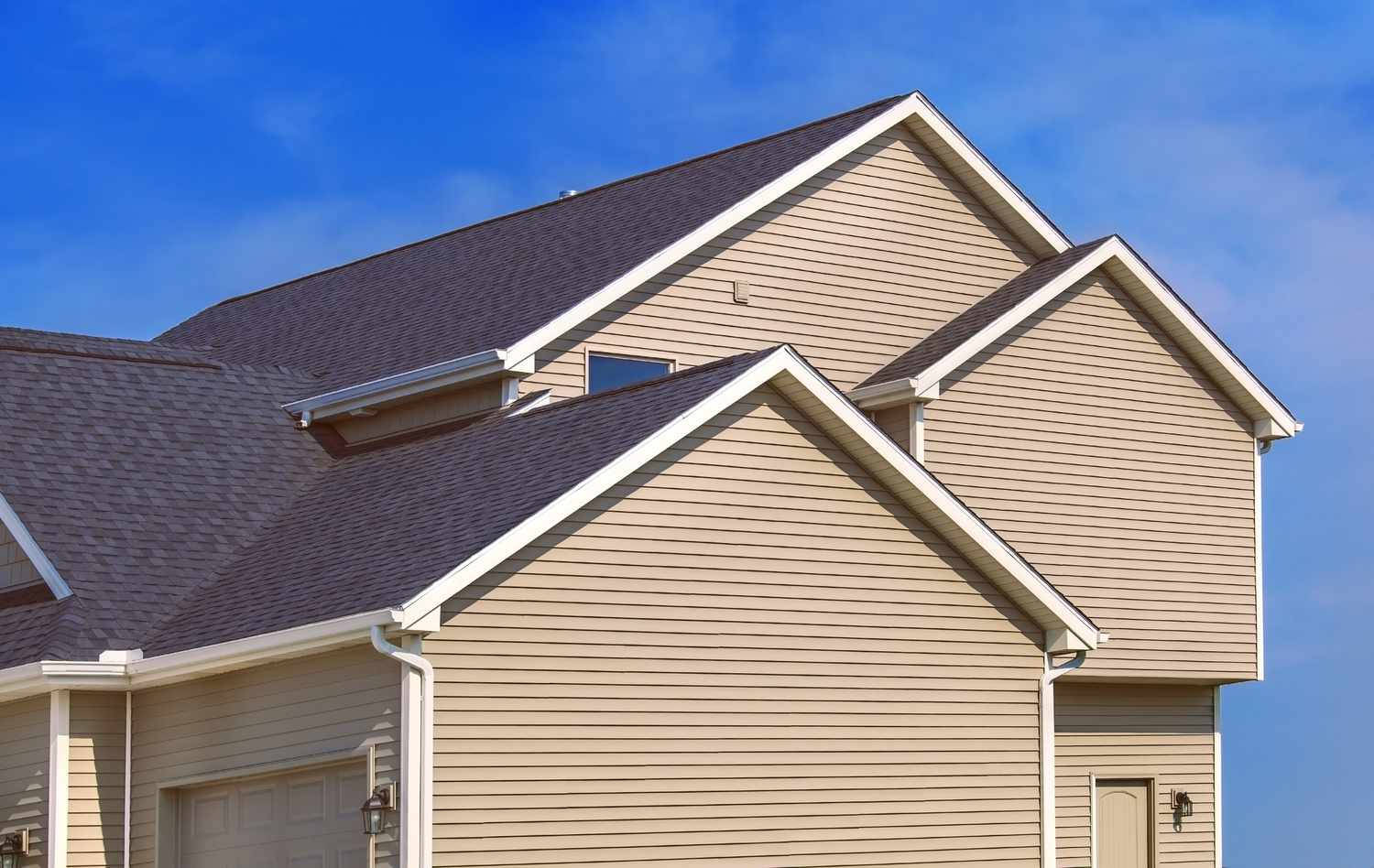
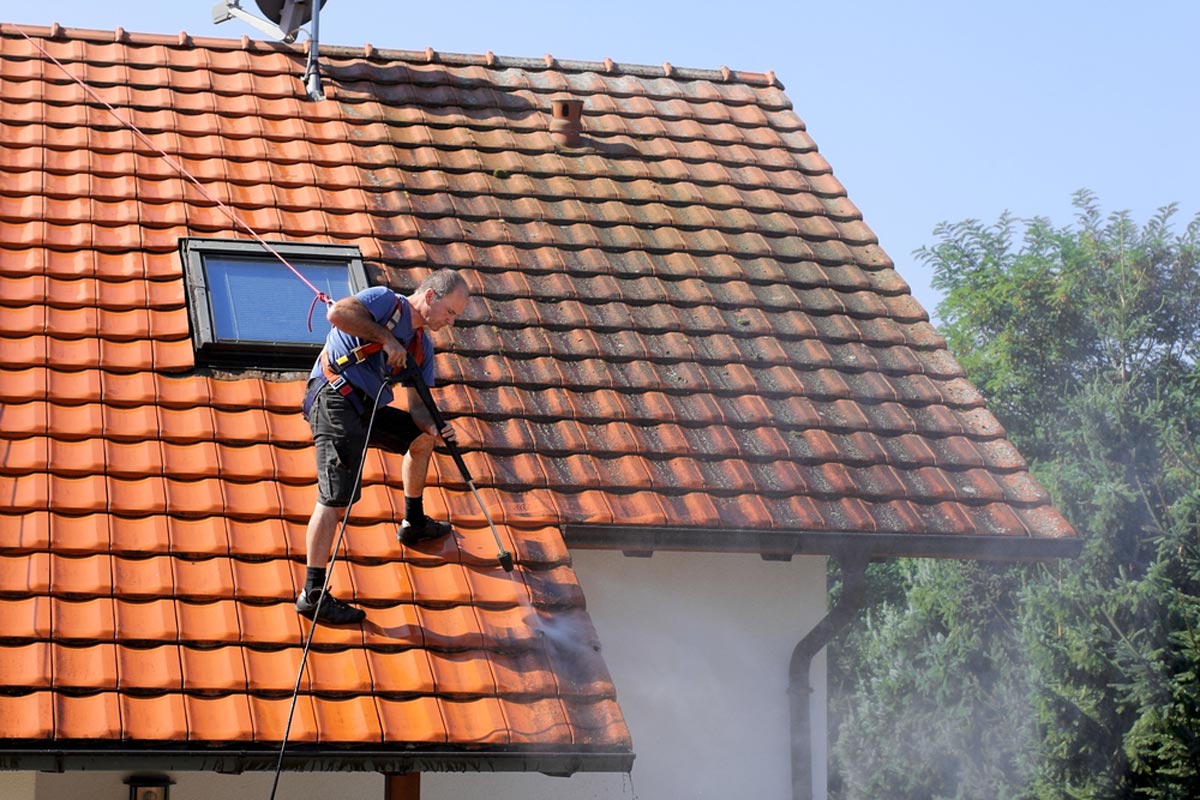
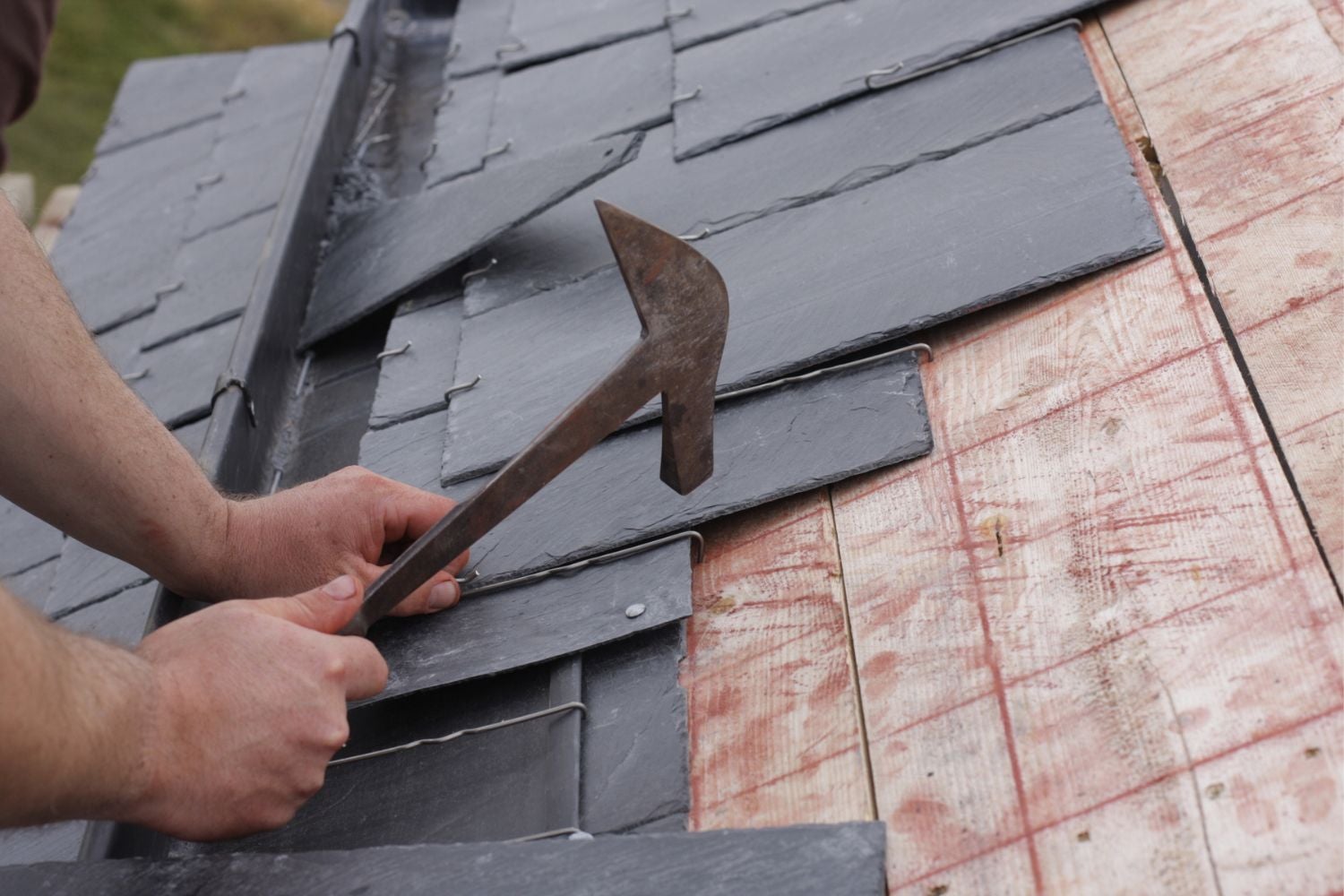
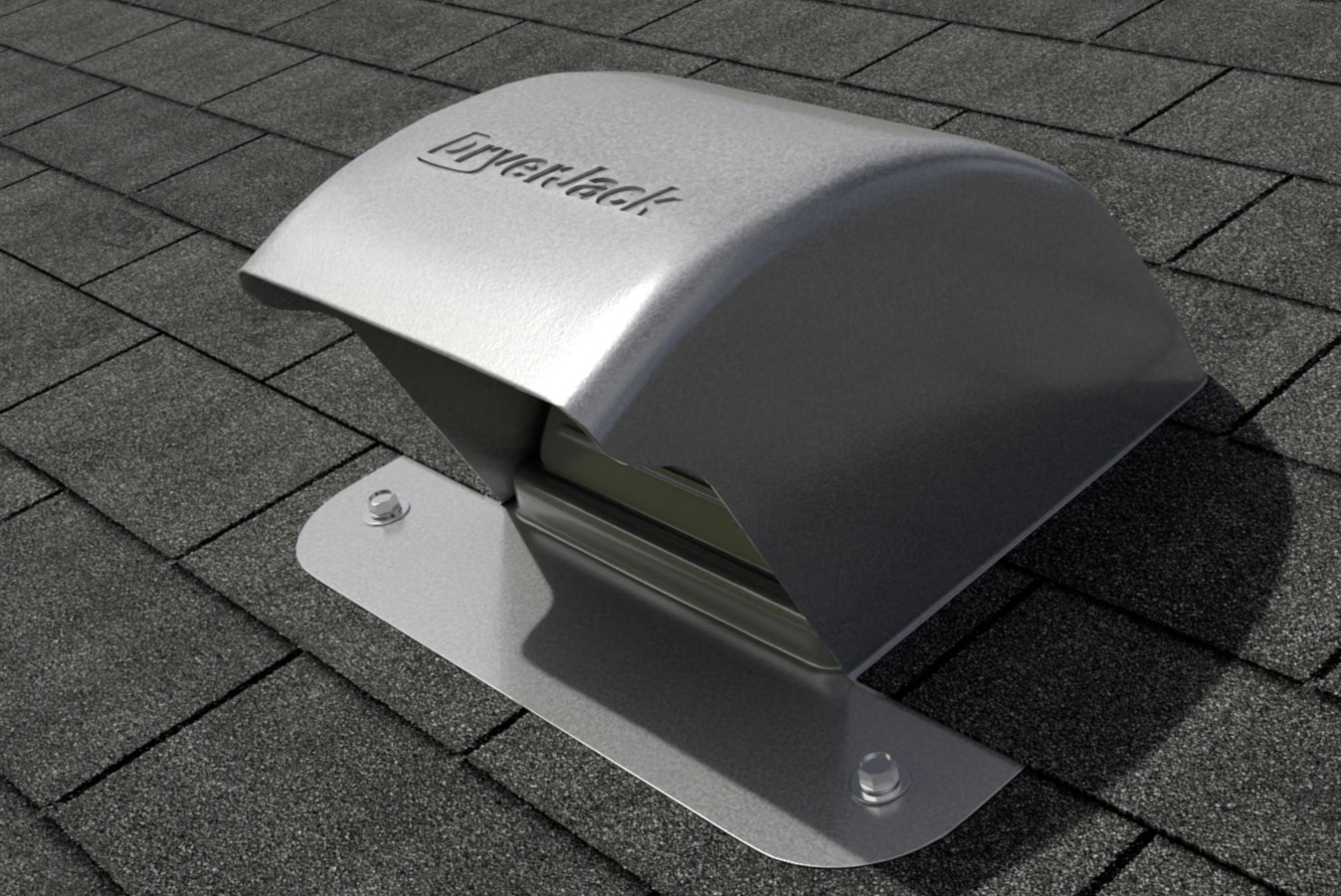
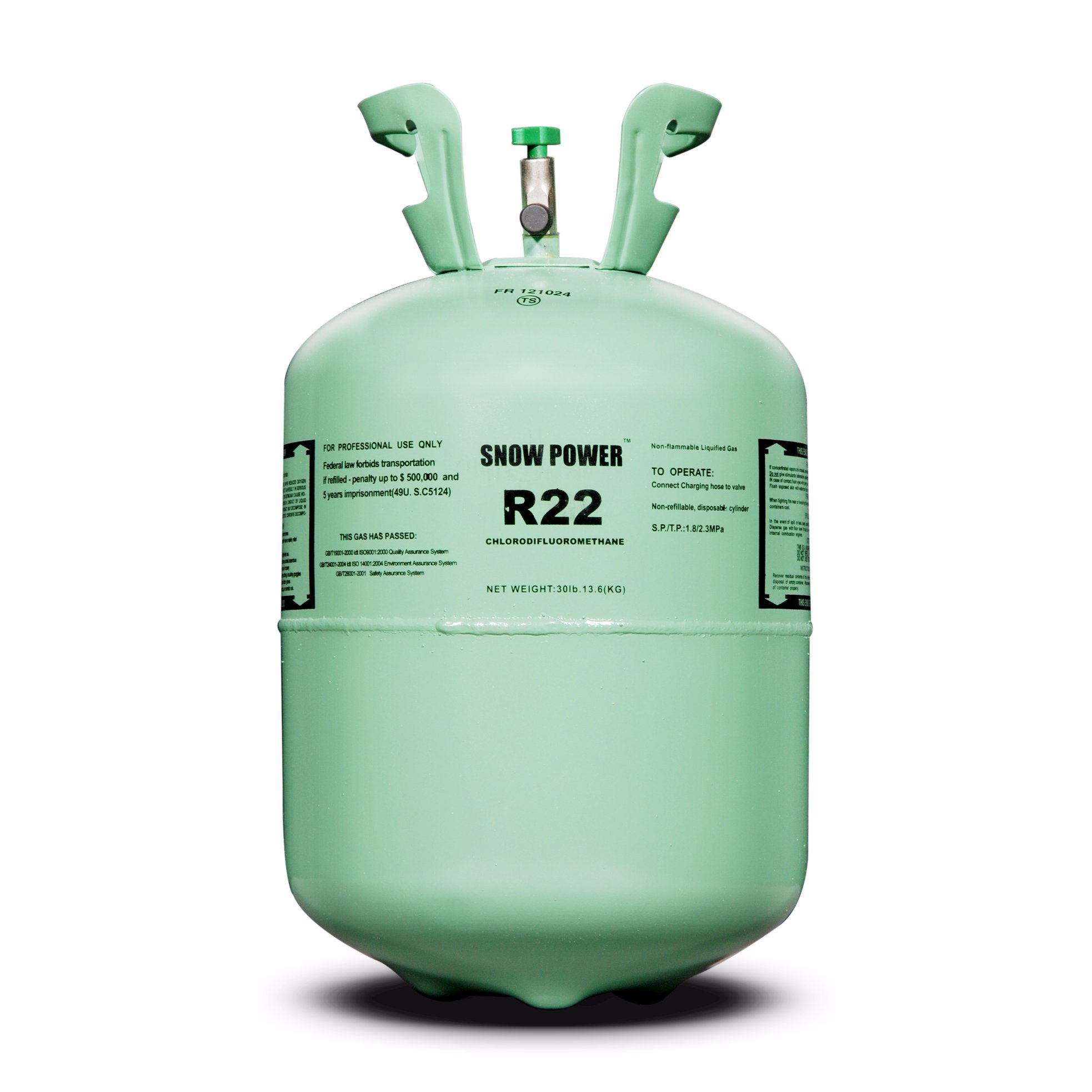
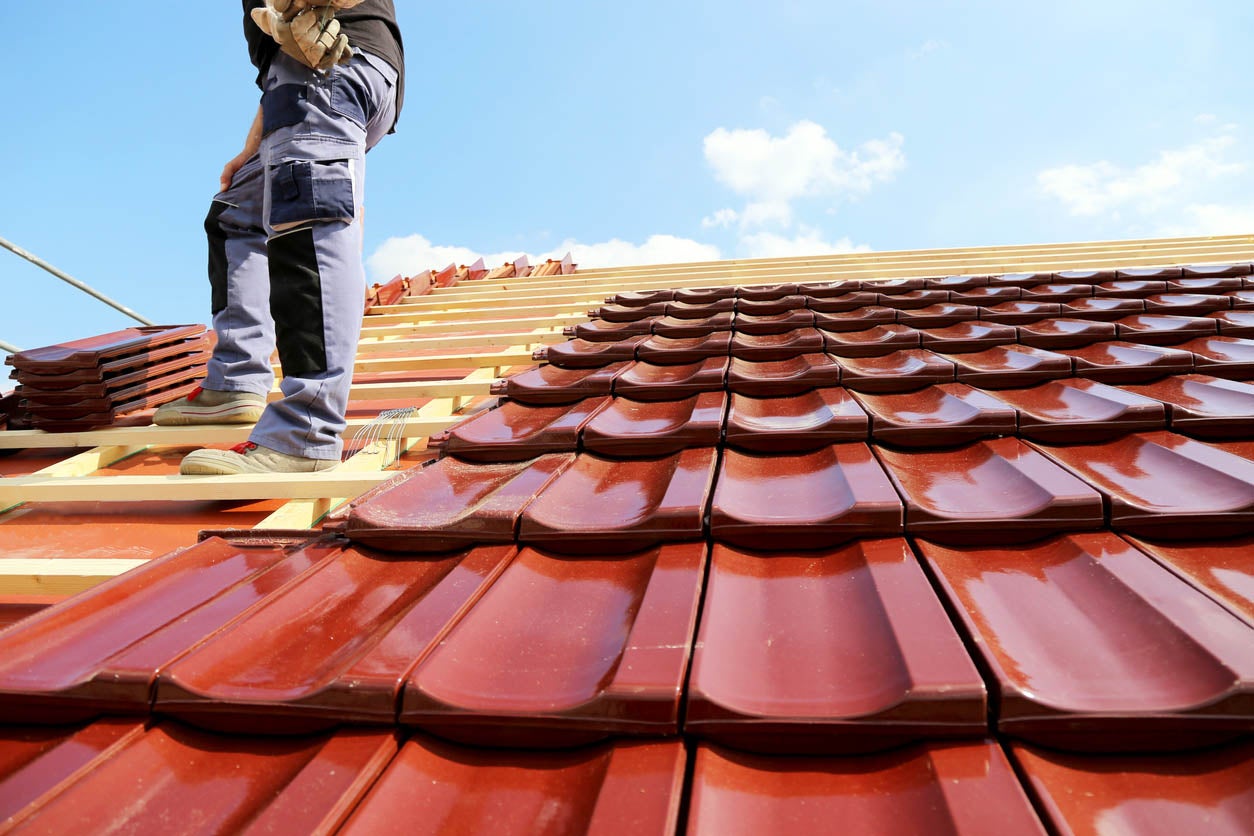
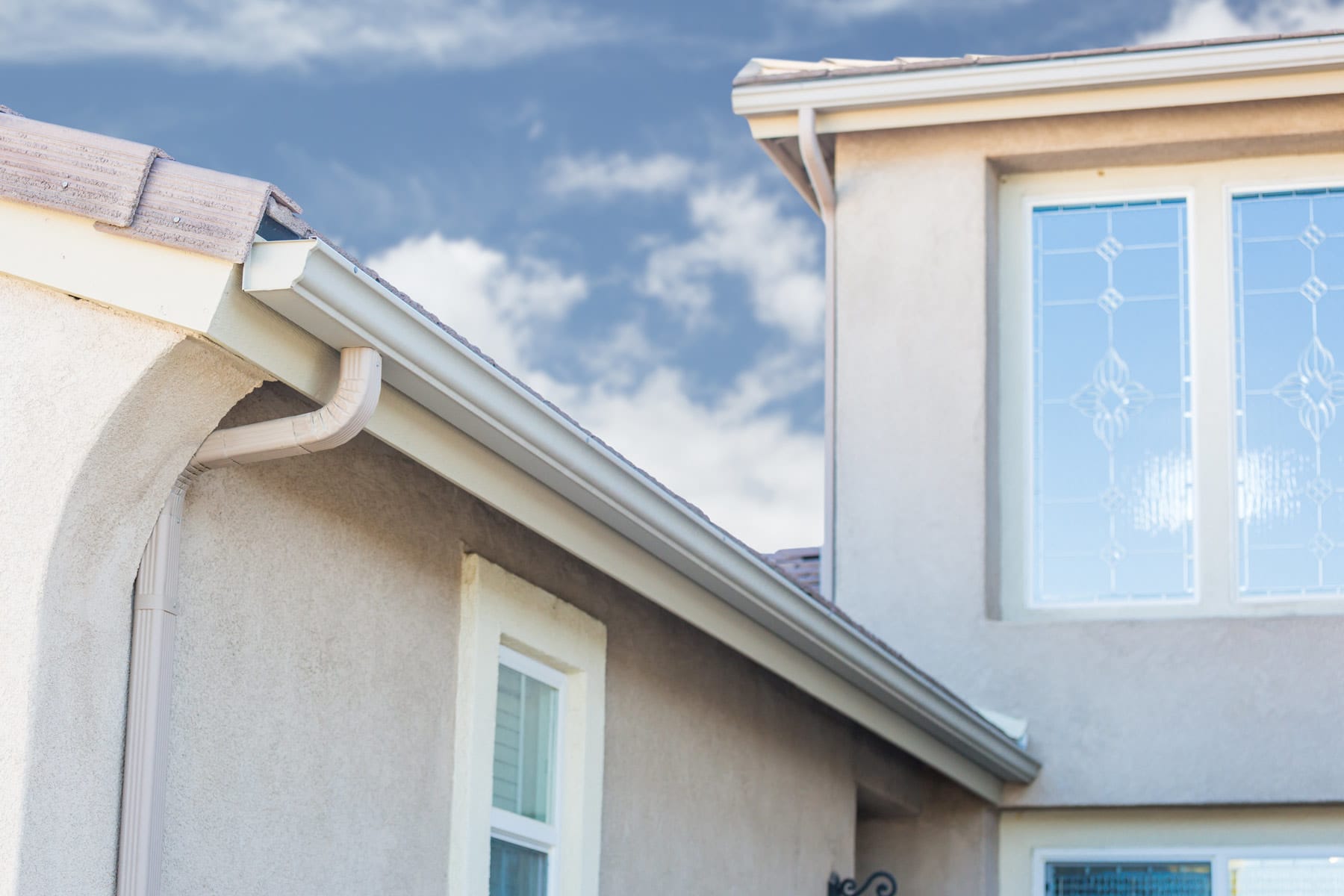
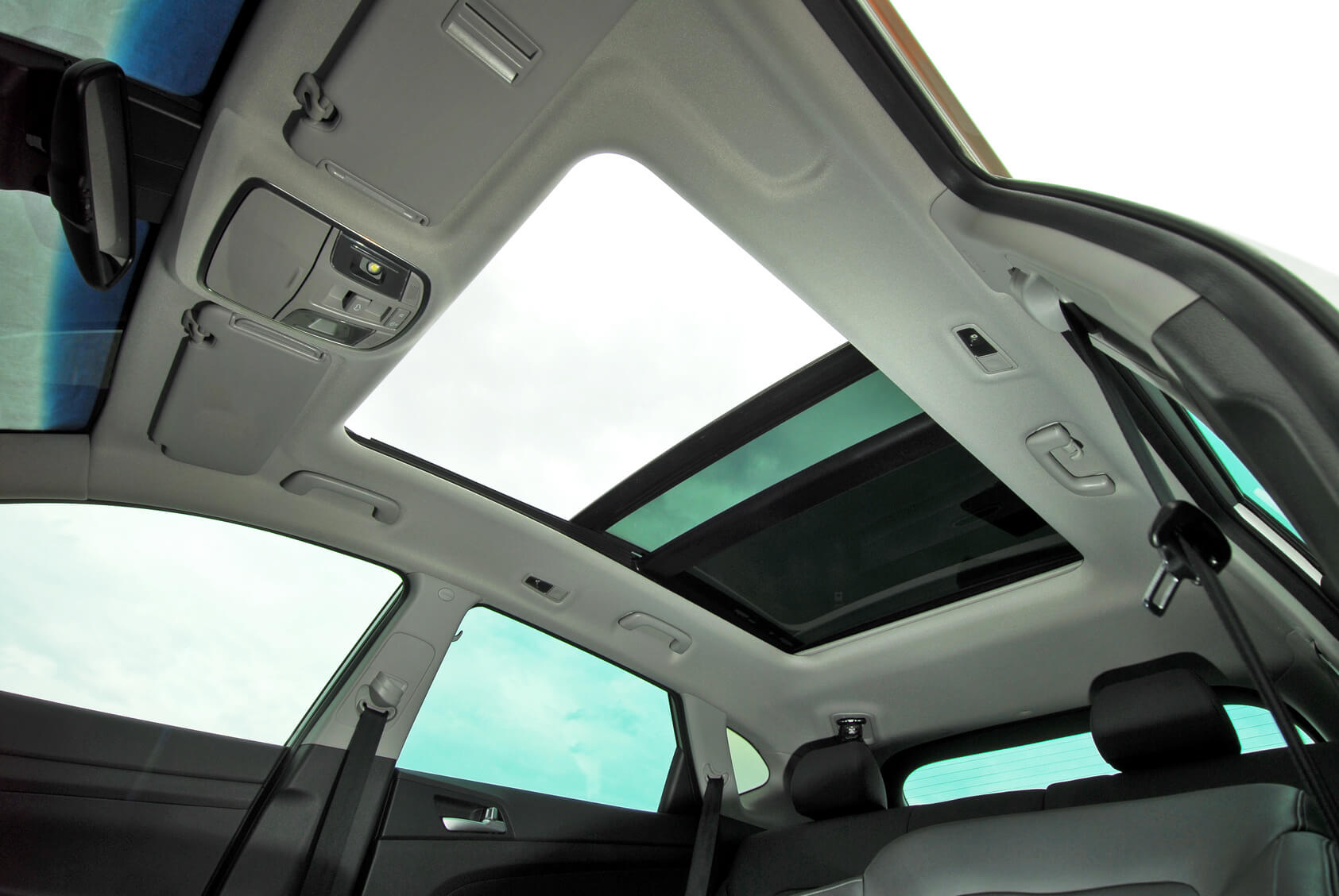
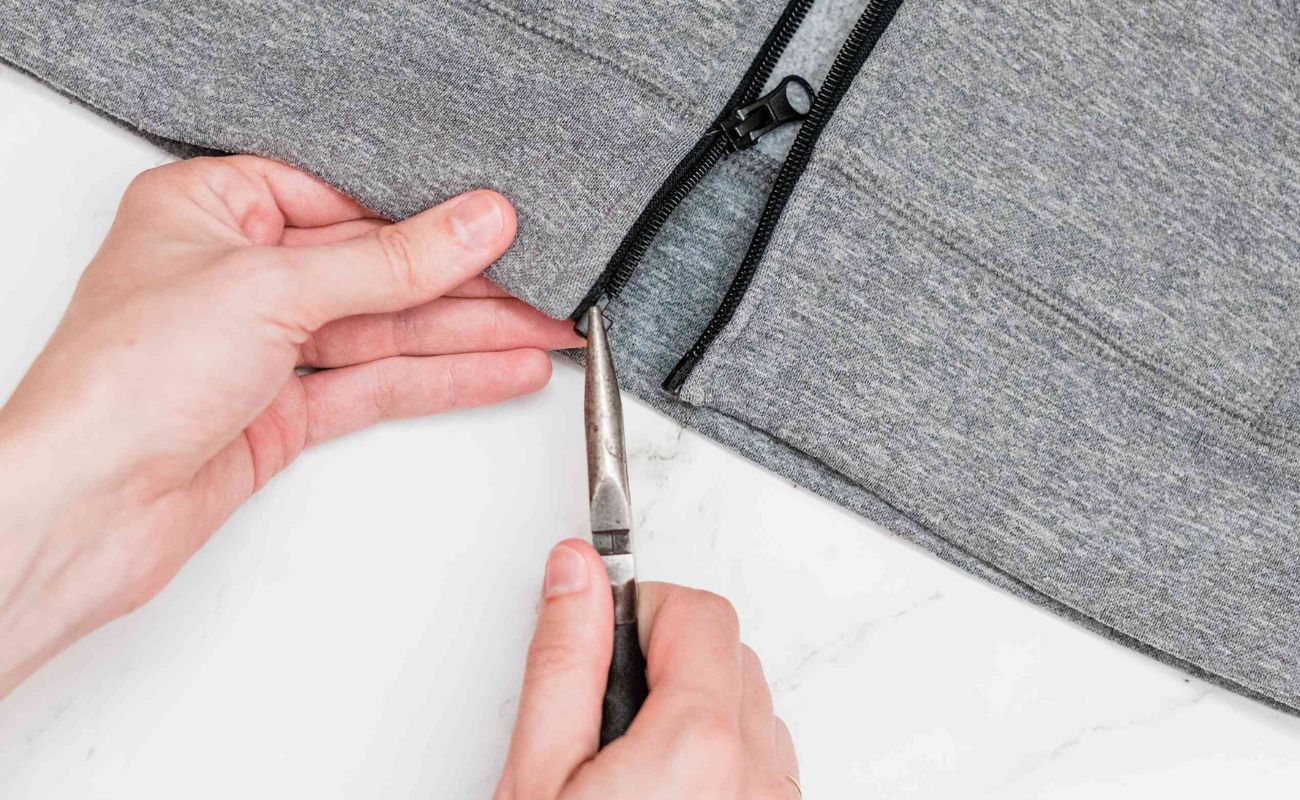
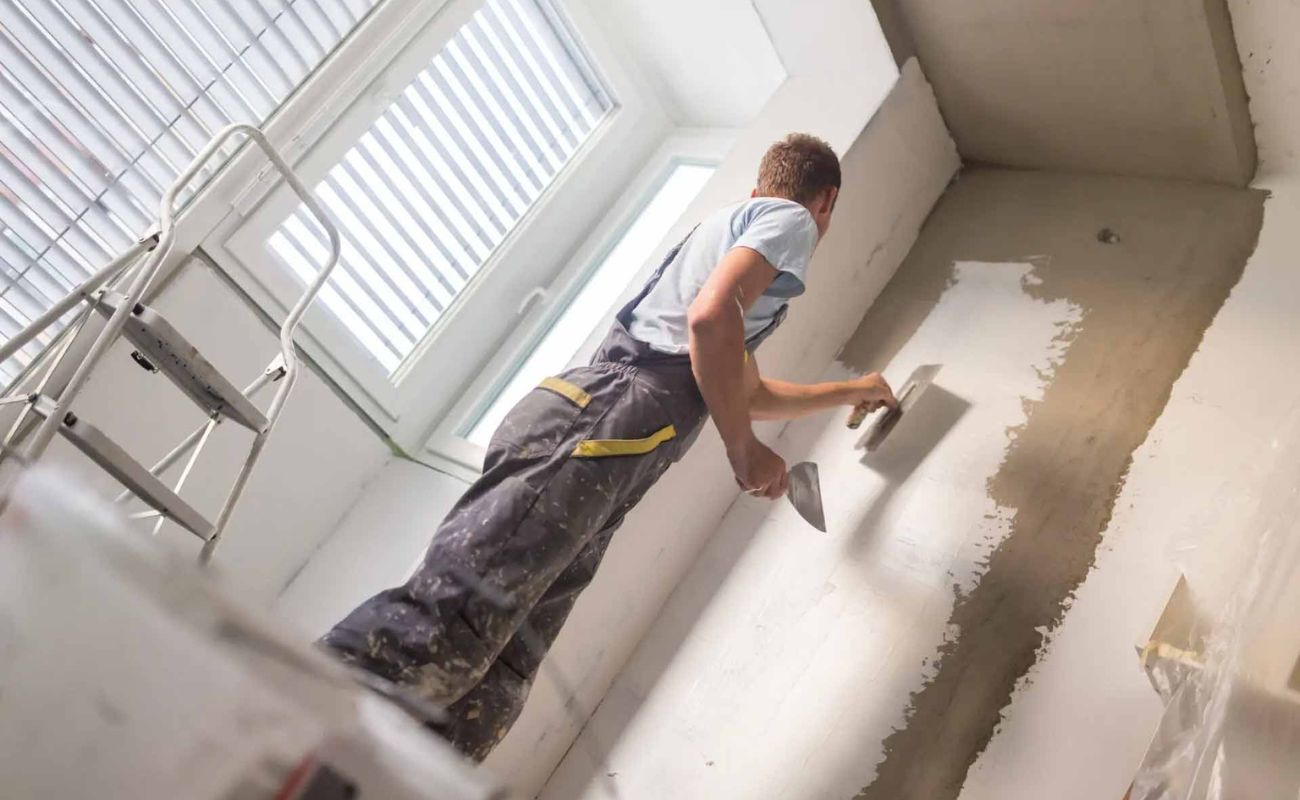
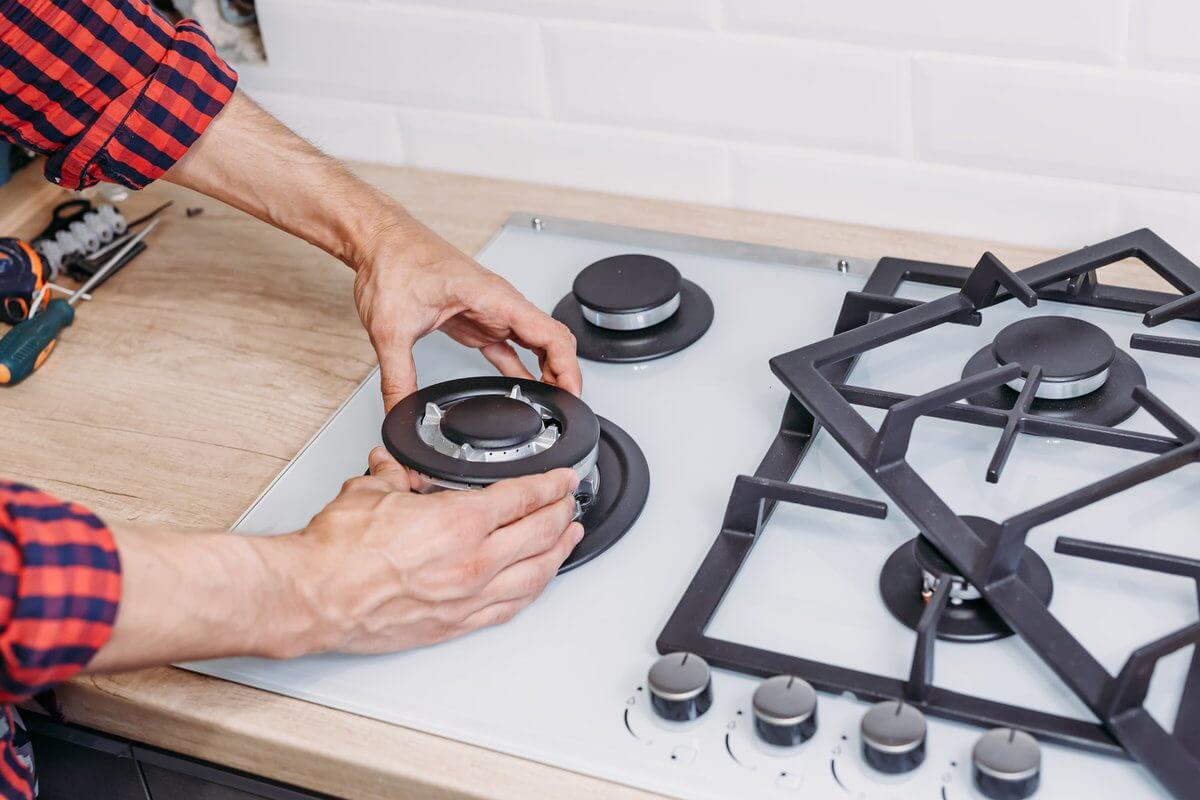
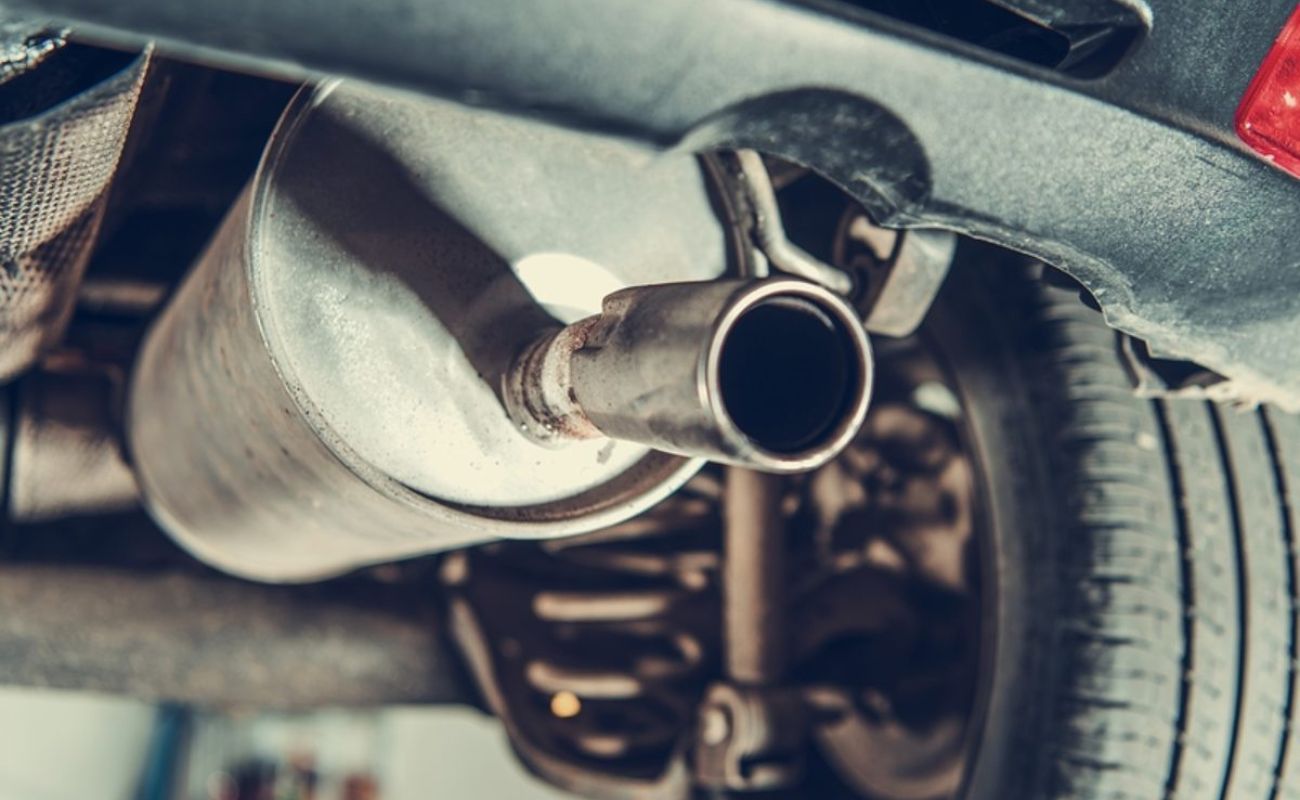
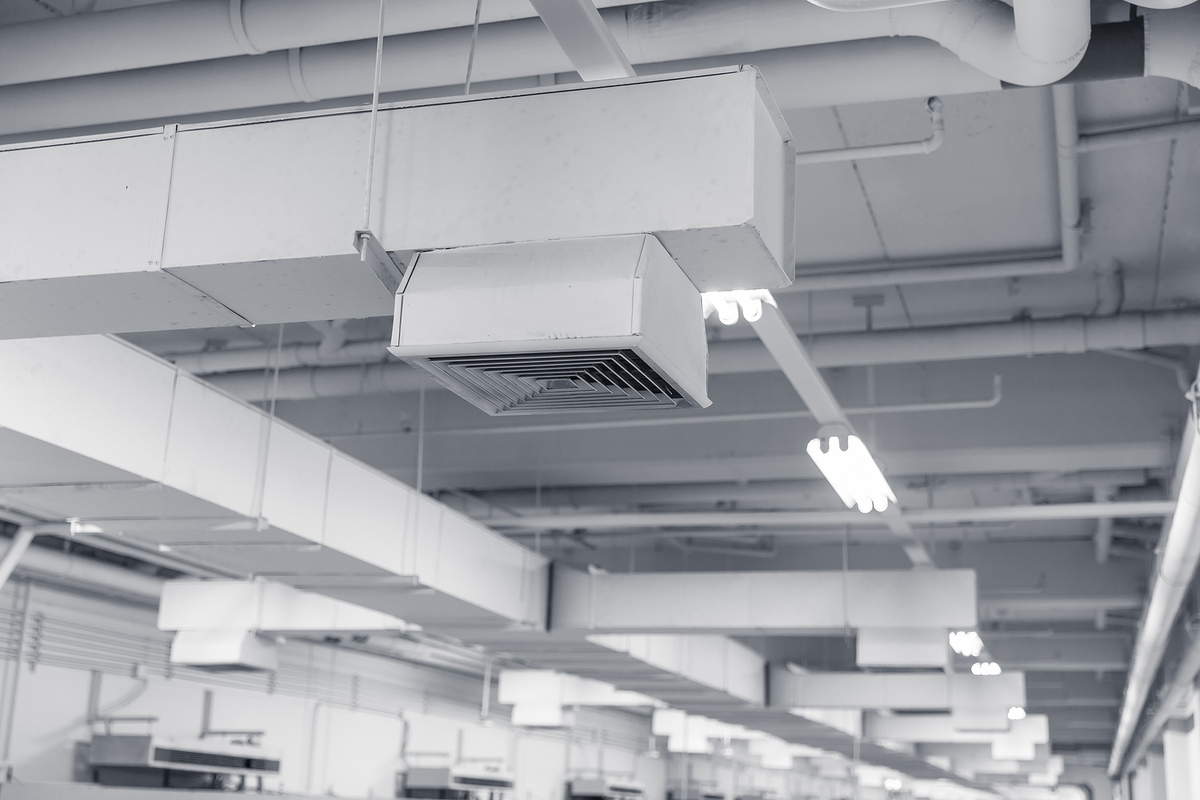

0 thoughts on “How Much Is A Roof Inspection”